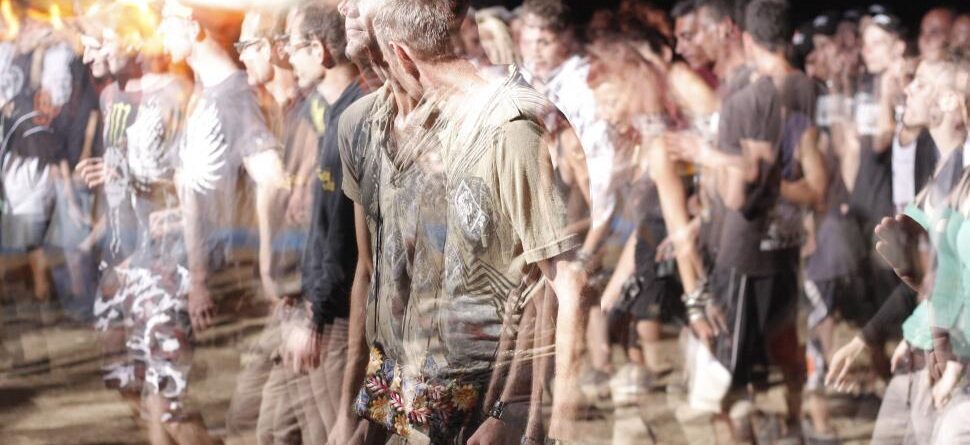US Is Sleepwalking Into an Economic Storm
By Daron Acemoglu
Daron Acemoglu, a professor at the Massachusetts Institute of Technology, received the Nobel in economic science this year.
Inflation seems under control. The job market remains healthy. Wages, including at the bottom end of the scale, are rising. But this is just a lull. There is a storm approaching, and Americans are not prepared.
Barreling toward us are three epochal changes poised to reshape the U.S. economy in coming years: an aging population, the rise of artificial intelligence and the rewiring of the global economy.
There should be little surprise in this, since all these are evolving slowly in plain sight. What has not been fully understood is how these changes in combination are likely to transform the lives of working people in ways not seen since the late 1970s, when wage inequality surged and wages at the low end stagnated or even fell.
Together, if handled correctly, these challenges could remake work and deliver much higher productivity, wages and opportunities — something the computer revolution promised and never fulfilled. If we mismanage the moment, they could make good, well-paying jobs scarcer and the economy less dynamic. Our decisions over the next five to 10 years will determine which path we take.
Our dysfunctional political system, which is increasingly short-termist in its vision for the country, is unlikely to prepare us for these changes. Neither Vice President Kamala Harris nor former President Donald Trump is focusing on them with any seriousness in their election campaigns. Nor do we see comprehensive plans from either party to make the investments necessary to equip the American work force to deal with the coming challenges.
The U.S. work force has never aged like this. In 2000, there were about 27 Americans above the age of 65 for every 100 Americans of prime working age (between the ages of 20 and 49). By 2020, this number had increased to 39. By 2040, it will have risen to 54. Because these changes are driven mostly by a decline in fertility, the U.S. work force will also soon begin to grow more slowly. If immigration into the United States is reduced, as seems likely no matter who wins the election, this will only contribute to the aging problem.
Read more @nytimes











